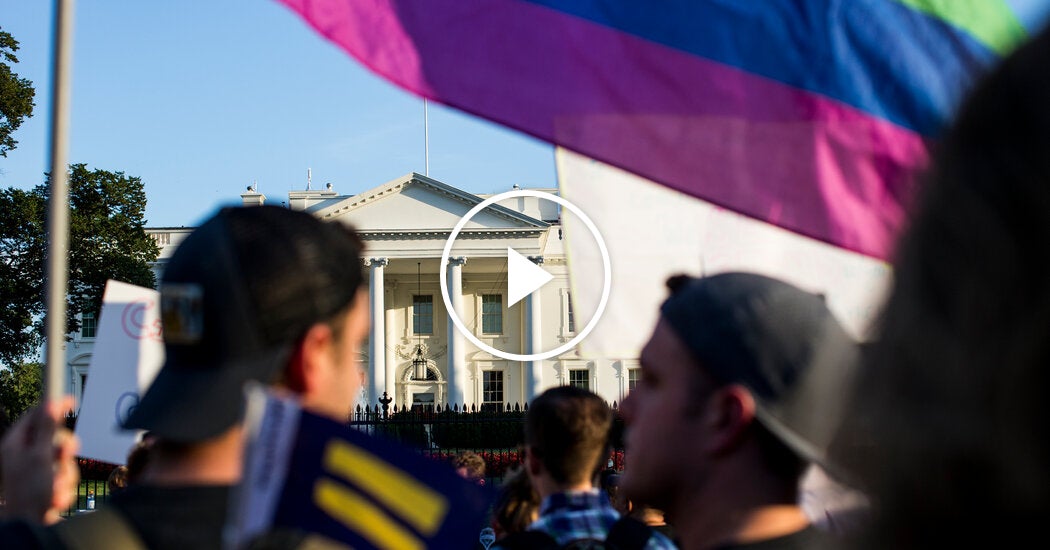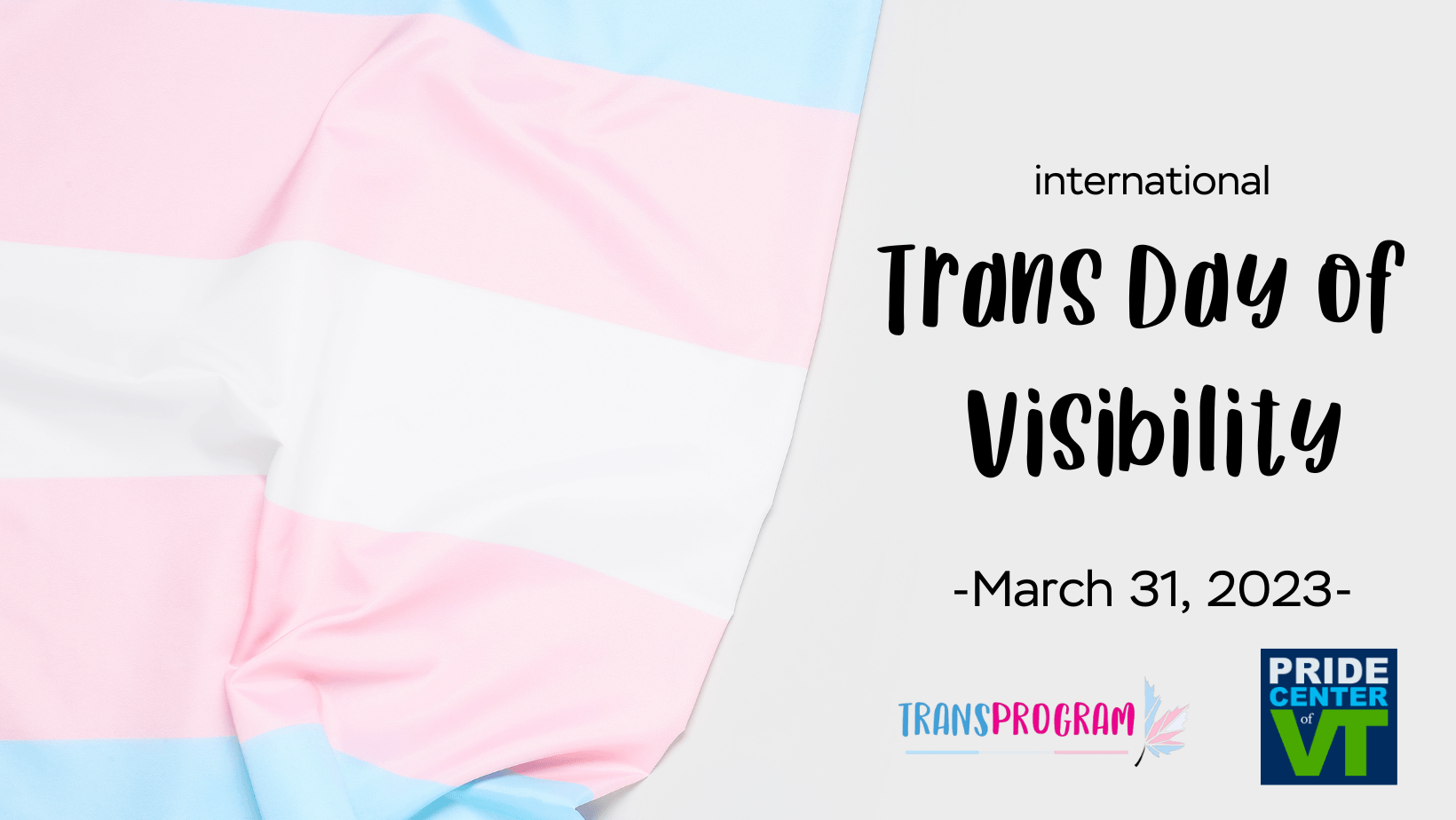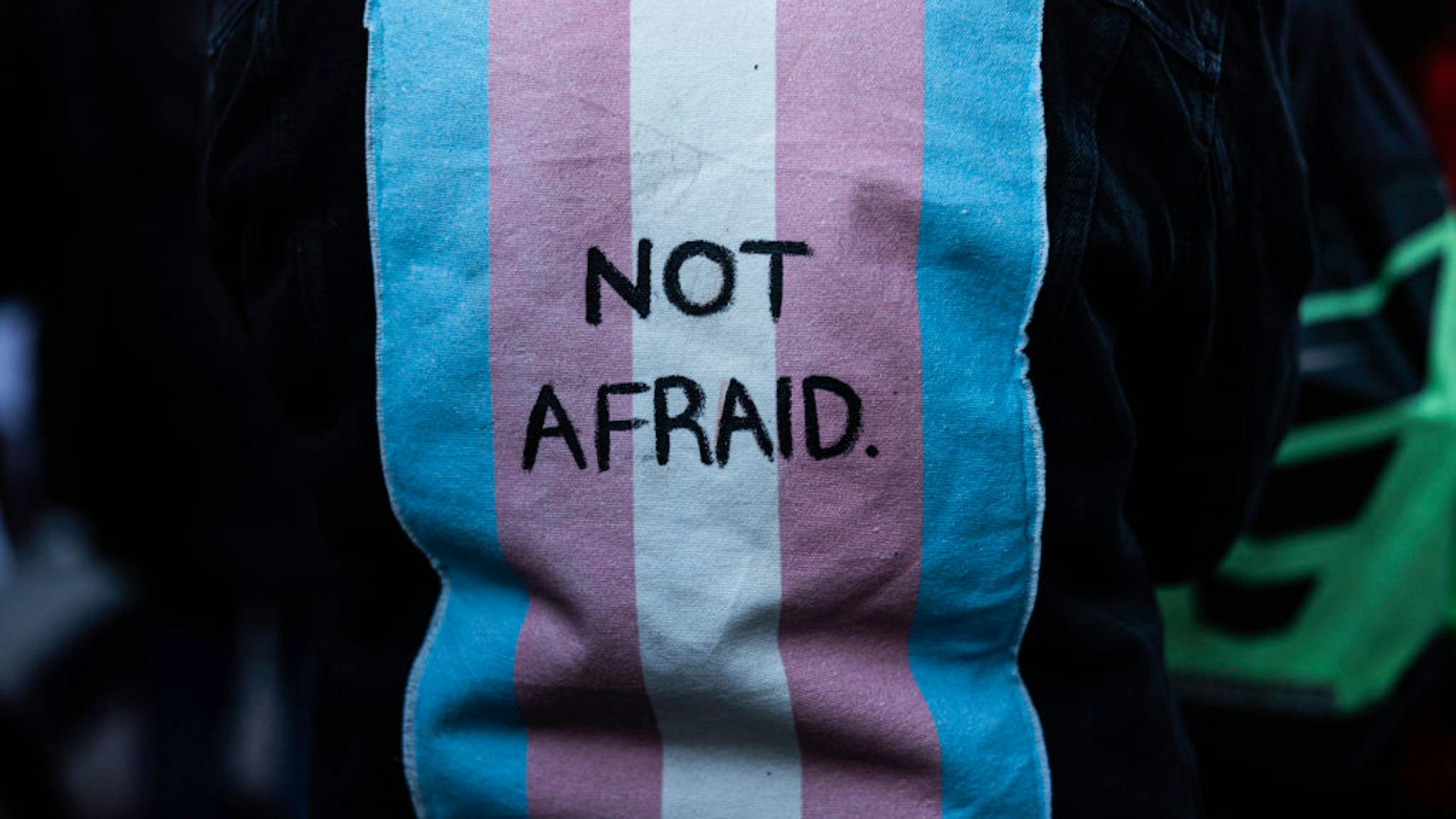The Transgender Military Ban: Unpacking Trump's Rhetoric

Table of Contents
The Official Justification for the Transgender Military Ban
The official justification for the transgender military ban rested on claims related to cost, readiness, and military effectiveness. These arguments, however, have been widely challenged and lack substantial evidence.
-
Cost of medical care for transgender service members: The administration cited the purportedly high cost of hormone therapy and gender confirmation surgeries as a significant burden on military budgets. However, critics pointed out that the actual cost is relatively small compared to the overall military budget and that many transgender service members already served openly without significant medical expenses.
-
Disruption to unit cohesion and readiness: The ban's proponents argued that the presence of transgender individuals would disrupt unit cohesion and negatively impact military readiness. This claim largely ignored the substantial body of research demonstrating that transgender individuals serve effectively and do not pose a unique threat to unit cohesion.
-
Alleged security risks: Security concerns were vaguely cited as a justification. No credible evidence was ever presented to support the assertion that transgender individuals pose a greater security risk than cisgender individuals. This vague claim was widely criticized as discriminatory and lacking in factual basis.
-
Perceived burdens on the military: The overall rhetoric frequently framed the inclusion of transgender individuals as an undue burden on the military, implying that their service was somehow less valuable or more demanding. This framing ignored the valuable contributions that transgender individuals have made and continue to make to the armed forces.
Counterarguments to these justifications readily point to the lack of empirical data supporting the claims. Studies and expert opinions consistently refuted the assertion of significant cost or readiness issues related to transgender service members. The ban's primary effect was to exclude qualified individuals from serving their country, undermining military diversity and inclusivity.
Trump's Rhetoric and its Impact on Public Perception
Trump's public pronouncements regarding the transgender military ban were marked by inflammatory language and broad generalizations about transgender people. This rhetoric significantly impacted public perception and fueled anti-trans sentiment.
-
Examples of Trump's rhetoric on transgender individuals: His statements frequently used derogatory language and portrayed transgender individuals in a negative light. These statements often lacked nuance and relied on harmful stereotypes.
-
Analysis of the emotional impact of his statements: His rhetoric was designed to evoke fear and prejudice, playing on existing societal biases against transgender individuals. This emotional appeal successfully influenced public opinion for many.
-
How his rhetoric shaped public opinion and fueled anti-trans sentiment: Trump's powerful platform amplified discriminatory views and normalized anti-trans sentiment, creating a climate of hostility and discrimination against transgender people both within and outside the military.
-
The role of media coverage in amplifying these messages: Media coverage, both sympathetic and critical, played a key role in disseminating Trump's messages, shaping public discourse and reinforcing existing prejudices. Many news outlets presented the issue in a simplified or sensationalized manner, often neglecting the human element of the ban's impact on individuals.
The framing of the transgender military ban as a matter of national security or military efficiency was ultimately a rhetorical strategy to justify discriminatory policies. The issue was largely framed to appeal to conservative anxieties and avoid a direct confrontation with issues of LGBTQ+ rights.
Legal Challenges and the Overruling of the Ban
The transgender military ban faced immediate and sustained legal challenges. These legal battles highlighted the constitutional and human rights implications of the policy.
-
Key lawsuits and their outcomes: Several lawsuits were filed by transgender service members and advocacy groups, arguing that the ban violated constitutional guarantees of equal protection and due process. Many lower courts ruled against the ban.
-
Arguments used by plaintiffs and defendants: Plaintiffs argued that the ban was based on discriminatory stereotypes and lacked any rational basis. Defendants attempted to justify the ban using the arguments discussed earlier, which consistently failed under scrutiny.
-
The role of the Supreme Court: While the Supreme Court didn't directly address the ban, the legal precedents set in other cases concerning LGBTQ+ rights ultimately paved the way for its overturning.
-
The eventual overturning of the ban and its implications: The ban was ultimately reversed, affirming the right of transgender individuals to serve openly in the military. This victory was a significant step forward for LGBTQ+ rights and military inclusivity, though the damage caused by the ban is lasting.
The legal arguments highlighted the conflict between discriminatory practices and fundamental constitutional principles. The eventual overturning of the ban demonstrated the courts’ willingness to protect the rights of transgender individuals against discriminatory government actions.
Long-Term Consequences of the Transgender Military Ban
The transgender military ban had significant long-term consequences for transgender service members, their families, and the military itself.
-
Impact on recruitment and retention of transgender individuals: The ban created a chilling effect, deterring transgender individuals from joining the military and driving existing transgender service members to leave due to fear and discrimination.
-
Mental health consequences for transgender service members: The uncertainty and stigma surrounding the ban caused significant stress and anxiety, leading to increased mental health challenges among transgender service members.
-
Damage to the military's reputation and morale: The ban damaged the military’s reputation as a diverse and inclusive institution. It also negatively impacted morale among many service members who opposed the discriminatory policy.
-
Long-term costs associated with legal battles and lost talent: The legal challenges, alongside the loss of talented and dedicated service members, resulted in significant long-term costs both financial and human.
The impact on diversity and inclusion within the armed forces was substantial. The ban undermined efforts to create a more representative and equitable military and set back progress in LGBTQ+ inclusion.
Conclusion
The transgender military ban was a highly controversial policy driven by discriminatory rhetoric and unsubstantiated claims. Its implementation led to significant legal challenges, ultimately resulting in its overturning. However, the ban's lasting consequences on transgender service members and the military's reputation remain. Understanding the complexities of the transgender military ban, including the rhetoric surrounding it, is essential to promote a more inclusive and equitable future for all. By engaging with this issue and continuing the discussion, we can work towards a military that reflects the diversity of the nation it serves. Continue to research and learn more about the effects of the transgender military ban to promote informed discussion and advocacy.

Featured Posts
-
 Supporting Transgender Individuals Practical Allyship On International Transgender Day
May 10, 2025
Supporting Transgender Individuals Practical Allyship On International Transgender Day
May 10, 2025 -
 Is Leon Draisaitl Ready For The Playoffs Latest Updates On Oilers Stars Injury
May 10, 2025
Is Leon Draisaitl Ready For The Playoffs Latest Updates On Oilers Stars Injury
May 10, 2025 -
 Investigating Allegations Of Us Funding For Transgender Mouse Studies
May 10, 2025
Investigating Allegations Of Us Funding For Transgender Mouse Studies
May 10, 2025 -
 1889 A Year Of Divine Mercy Across Diverse Religious Communities
May 10, 2025
1889 A Year Of Divine Mercy Across Diverse Religious Communities
May 10, 2025 -
 International Transgender Day Of Visibility Three Steps Towards Inclusion
May 10, 2025
International Transgender Day Of Visibility Three Steps Towards Inclusion
May 10, 2025
